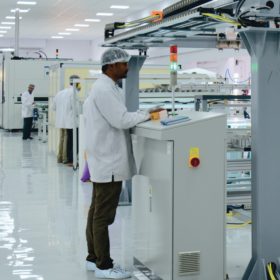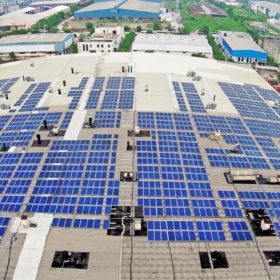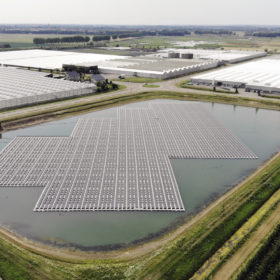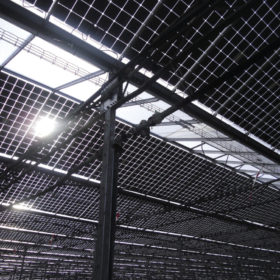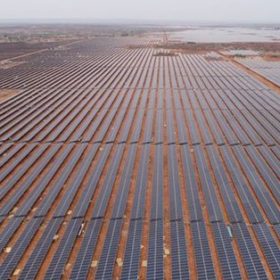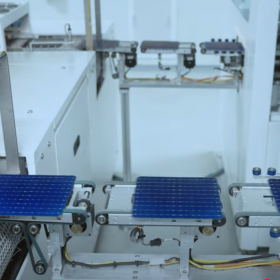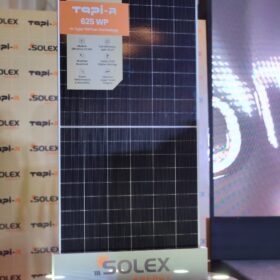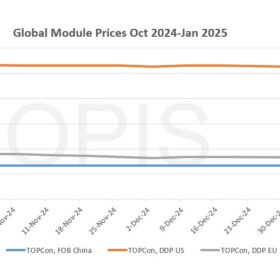AEPPL signs Rs 4930-crore MoU for Li-ion battery plant in Gujarat
The joint venture between Japanese majors Toshiba, Denso and Suzuki aims to achieve annual production capacity of 30 million lithium cells by year 2025.
Ministry issues bidding guidelines for solar-wind hybrid projects
The Ministry of New and Renewable Energy has suggested minimum 25-year power purchase agreements and also opened up the option of including energy storage in solar-wind hybrid generation projects procured under its public tender regime.
Proposals invited for transnational projects on energy storage solutions
The aim is development of sustainable, integrated solutions for both short- and long-term storage. November 12 is the last date for submitting expressions of interest. Projects are expected to start before December 15, 2020.
Manufacturing-linked solar tender scaled up to 7 GW
Solar generation capacity aggregating to 7 GW—as against 6 GW earlier—will now be awarded against setting up of 2 GW of annual manufacturing capacity. Tariff ceiling has also been increased to Rs2.93/kWh, from Rs2.75, for a period of 25 years. Bids can be submitted till October 31.
EESL to install EV charging stations in BSNL’s Punjab Telecom Circle
Under the MoU, Energy Efficiency Services Ltd will make the investment on services along with the operation and maintenance of the public charging infrastructure, while the telecom operator would provide the space and power connections.
Manufacturing sector biggest adopter of rooftop solar: Bridge To India
Manufacturing sector accounts for 14% of rooftop installations among top end user industries. The sector added around 130 MW of rooftop capacity in FY2019.
The long read: Feathered friends turn foe
A floating PV array in the Netherlands has brought a community together while highlighting the value of module lever power electronics on water.
MNRE refutes CRISIL report casting doubt on achievement of ‘175 GW by 2022’ target
“The CRISIL report is neither factually correct nor takes into account initiatives taken by the MNRE to facilitate accelerated development and deployment of renewable energy in the country. India will not only meet 175 GW target but exceed it by 2022”—stated the ministry.
Global bill for replacement inverters and other solar maintenance could hit $9.4bn by 2024
This year will see strong growth for the global PV market, to 114 GW, and that pattern will continue in the years ahead, according to analyst Wood Mackenzie. A report has highlighted soaring inverter replacement costs for PV project owners as a side-effect of the solar success story.
“Solar curtailment in Andhra Pradesh, a willful violation,” NSEFI writes to power minister
Plant load factor for thermal power generators ramped up to 70-80% between July 2019 till date while solar power projects were arbitrarily backed down by more than 60-70% of their operational capacity during the same period.



